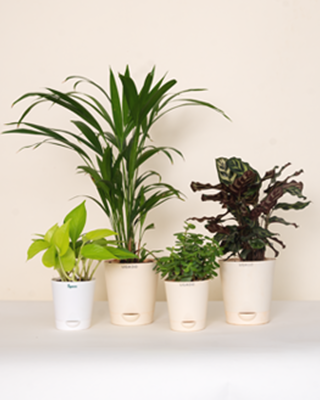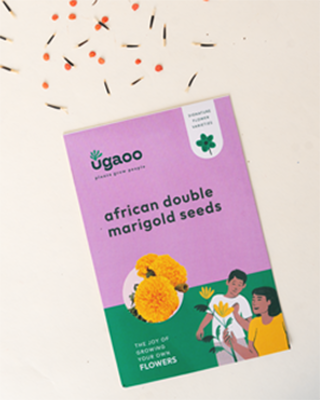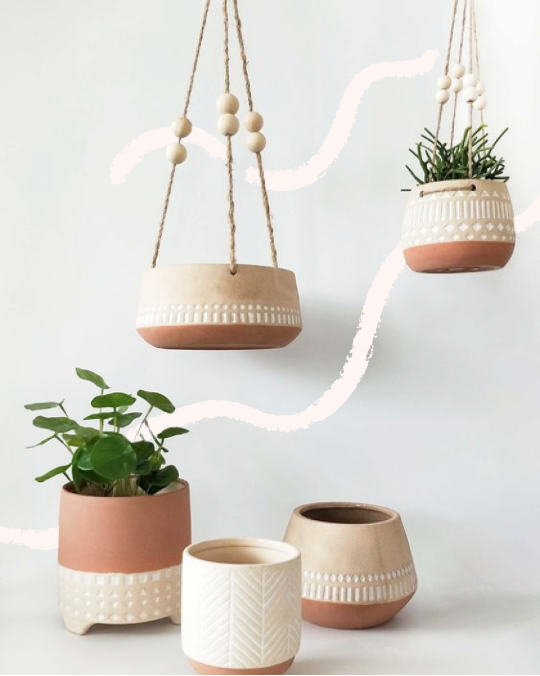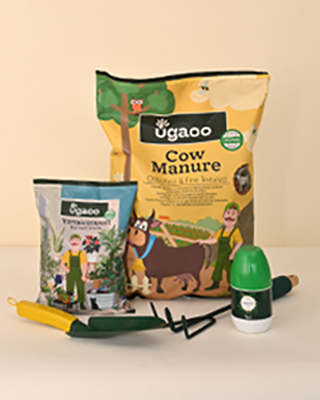Cottage Gardens:

The Cottage Garden style can be created by using appropriate paving materials and a range of plants. A little hard landscaping is necessary for a cottage garden. Opt for brick paths and stepping stones through the beds. Use an amalgamation of old-fashioned plants and vegetables to create a tioned casual and colourful look. For instance, mix annuals with perennials that will self-seed and grow everywhere to create a colourful chaos. The flowers that self-sow can also be used. Place these flowers among other plants or at the edge of the path. Go for planting vegetables amongst the flowers or simply grow runner beans for that unique effect.
Woodland Gardens:

If you have a long and narrow backyard, trees and shrubs can be effectively used for creating a woodland garden. Choose fast-growing trees with a light canopy. For instance, Betula species or Birch trees can be used for the same. Spring flowers and ferns are an indispensable feature of the Woodland Gardens hence avoid using evergreens. Use small growing colorful plants to add vibrancy to space under the canopy. Use ferns and primroses too. This type of garden can be effectively used to block an unattractive view or overlooking houses. Above all these are the low maintenance type gardens.
Rocks and Streams:

These look great when they are a part of the larger garden. Both features combined can be used as a great central theme for a garden.
Meandering Meadows:

Instead of regular rectangular lawns try broadening the borders with gentle sweeps. Use shrubs and lower-growing border to create the border of your choice. Shape the border according to the view you would like to resort to.
Bright Beds and Borders:

For creating that rare look and a strong sense of design use focal points such as ornaments, garden seats or birdbaths. Let the plants grow informally. Focus on shrubs and herbaceous plants to give the garden an organised look.
Reference: Practical Gardening by Peter McHoy













